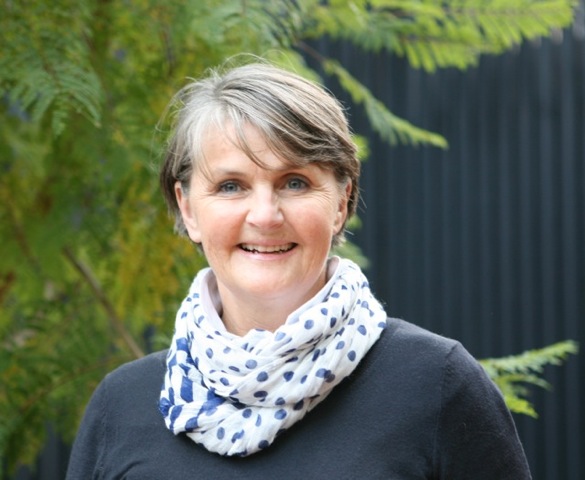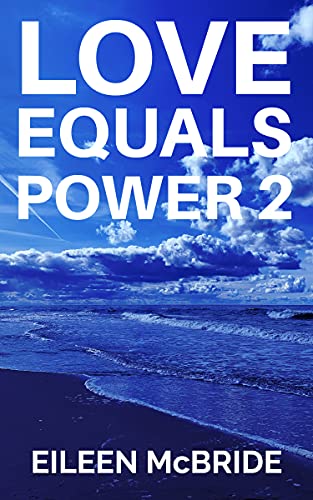So many times I sat in my high school math exams confronted with a problem that not only could I not solve, but was convinced it was one which we had not even been taught how to solve.
That’s because I didn’t understand the difference between a theory and its practical application. I was a conscientious student, and I studied hard but even if you commit the theory to perfect memory, if you don’t know how and when to apply it, it is just another redundant, useless piece of information.
As in math, so in life. The information we acquire, the ideas we ponder and ruminate over are of limited value if we don’t know how to use and apply them in daily life, and thought. This is particularly pertinent for those on a spiritual path.
When we crave mastery and progress, when we understand the importance of adopting a new way of seeing things, it is tempting to see the next step in the journey as just one more book to read; one more class/workshop to attend; one more concept to search out and absorb.
But it all counts for nought if we are unable to live the ideas we spend so much time reading about. Our relationships, our experiences at work, at home and in society are in reality opportunities to test our knowledge and apply it - often under stress or pressure. They are the triggers that prompt us to reveal what is buried beneath our calm facades and good intentions.
The stress and pressure exist to test what we truly believe. Just as the true test of someone’s character is gleaned from watching what they do and say when they don’t realize they are being observed, the tests of this life school occur when we don’t realize we are being tested.
Once we have learned enough to know that this world is not what it seems, that we are not who we appear to be, and that the purpose of life on earth is to demonstrate what we know in the face of conditions and situations that appear to be the opposite of the spiritual and eternal truth, it is incumbent upon us to live, in theory and in practice, our truth.
In her book The Happiness Project, Gretchen Rubin tells of a friend who was warned when she applied for a new job that her future boss was “notoriously difficult.” The friend decided she wanted the job regardless and so she adopted a mantra: “there is only love.” Rubin says that from that moment on, her friend “refused to think critical thoughts about [her boss]; she never complained about him behind his back; she wouldn’t even listen to other people criticize him.”
Rubin wondered if her friend’s co-workers would see her as a ‘goody-goody.’
“Oh no,” she said. “They all wish they could do the same thing, too. He drives them crazy, but I can honestly say that I like [him].”
There can be no better example of the pure theory of love applied to life.

